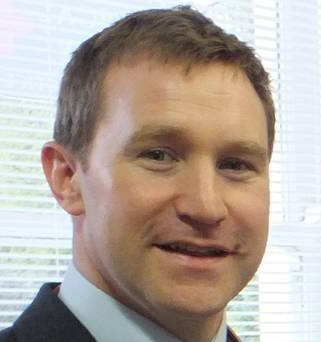VIOLENT and abusive patients, who have been dropped by GP’s for the safety of staff and other patients are simply handed over to other doctors with no warning, the Limerick president of the national organisation for family doctors has revealed.
Dr Emmet Kerin, President of the National Association of General Practitioners (NAGP), said that he has experienced violence and threats in the Treaty Clinic practice which he shares and knows that such problems are experienced by many other GPs.
“Attacks and threats happen far more frequently than you might think,” Dr Kerin told the LImerick Post.
While private patients make their own arrangements about transferring between GPs, medical card holders have to be registered on a particular GP’s list.
“If someone behaves violently or threateningly towards the doctor or the practice staff, they may be dropped from that doctor’s list but they have to be transferred to another doctor. At present, the HSE just sends that person to another practice without any warning that there is a history of violence,” said Dr Kerin.
The NAGP wants the HSE to devise a pathway to help both doctors and patients ensure that people get the care they are entitled to.
“It’s a huge conflict. A doctor can ask that a patient be taken off his their list because of aggressive behaviour but that can take a long time to process. In the meantime, that person is still a patient and a doctor has a duty of care to them,” he explained.
What Dr Kerin and the NAGP want is a solution based on the UK model, where there are certain clinics reserved for patients who have been known to be violent, with security guards and other supports in place.
“We have many community facilities in Limerick where there is already security on-site. We could look at utilising those, perhaps with doctors attending on a rota. We need the HSE to talk to us about this”.
“It’s very traumatic, particularly for staff when a patient is in the surgery making threats. I’ve had to deal with patients who are being aggressive with a waiting room full of patients, from children to elderly people.”
He said aggression towards GPs and front line staff is just one of a number of problems that needs fresh thinking.
“GPs have an agreement that dates back to the 1950s – it needs to be updated,” he added.







